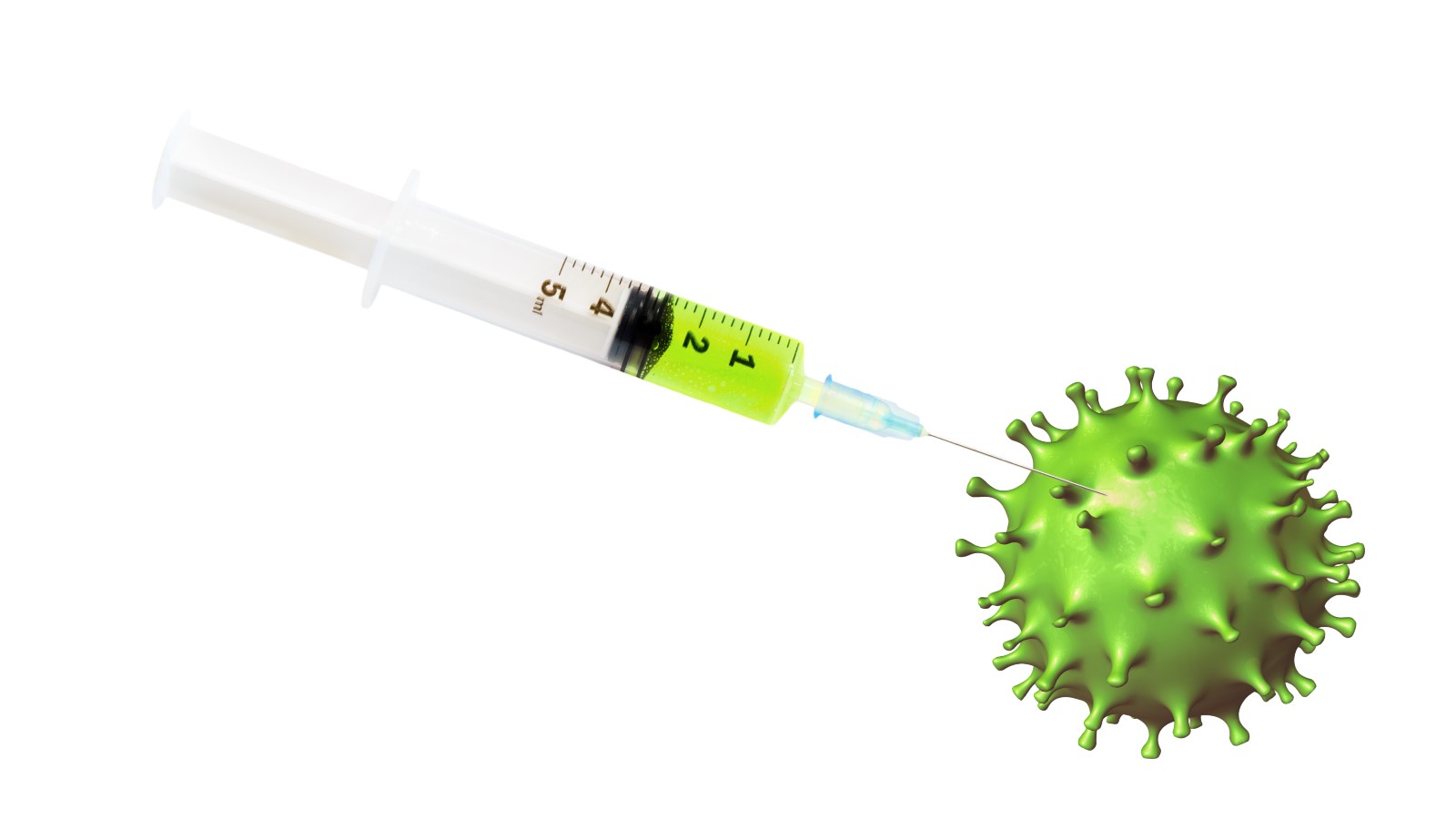A group at Israel’s Weizmann Institute of Science has discovered substances in bacteria that may serve as the basis for highly effective antiviral drugs.
These substances are made by virus-fighting enzymes known as viperins, which were previously known to exist only in mammals. Now we know that viperin – whose function in the human immune system was understood only two years ago – plays a role in the immune system of bacteria.
The molecules produced by bacterial viperins are currently undergoing testing against human viruses such as the influenza virus and Covid-19.
A paper published September 16 in Nature by Prof. Rotem Sorek and his molecular genetics group, as well as other scientists, describes their studies revealing that microscopic bacteria have highly sophisticated immune systems to fight off phages – viruses that infect bacteria.
Phages differ from the viruses that infect humans, but they all consist of genetic material – DNA or RNA – that hijacks parts of the host’s replication machinery to make copies of themselves and spread.
In humans, viperin is produced when a signaling substance called interferon alerts the immune system to the presence of pathogenic viruses.
The viperin then releases a special molecule that acts against viruses by “mimicking” nucleotides, bits of genetic material needed to replicate their genomes. When this fake nucleotide is inserted into the replicating viral genome, the virus dies.
Led by former postdoctoral fellow Aude Bernheim in Sorek’s lab, the group used techniques that had been developed in his lab to detect bacterial sequences encoding possible viperins. They then showed that these viperins did protect bacteria against phage infection.
“Whereas the human viperin produces a single kind of antiviral molecule, we found that the bacterial ones generate a surprising variety of molecules, each of which can potentially serve as a new antiviral drug,” said Sorek.
“As we did decades ago with antibiotics – antibacterial substances that were first discovered in fungi and bacteria – we might learn how to identify and adopt the antiviral strategies of organisms that have been fighting infection for hundreds of millions of years.”
The study was conducted in collaboration with researchers from Pantheon Biosciences, which has licensed the rights through Yeda Research and Development, the Weizmann’s technology transfer company, to develop anti-viral drugs based on the findings.
Further studies are underway to determine which of the bacterial viperins could be best adapted to fighting human viruses, including Covid-19.
















